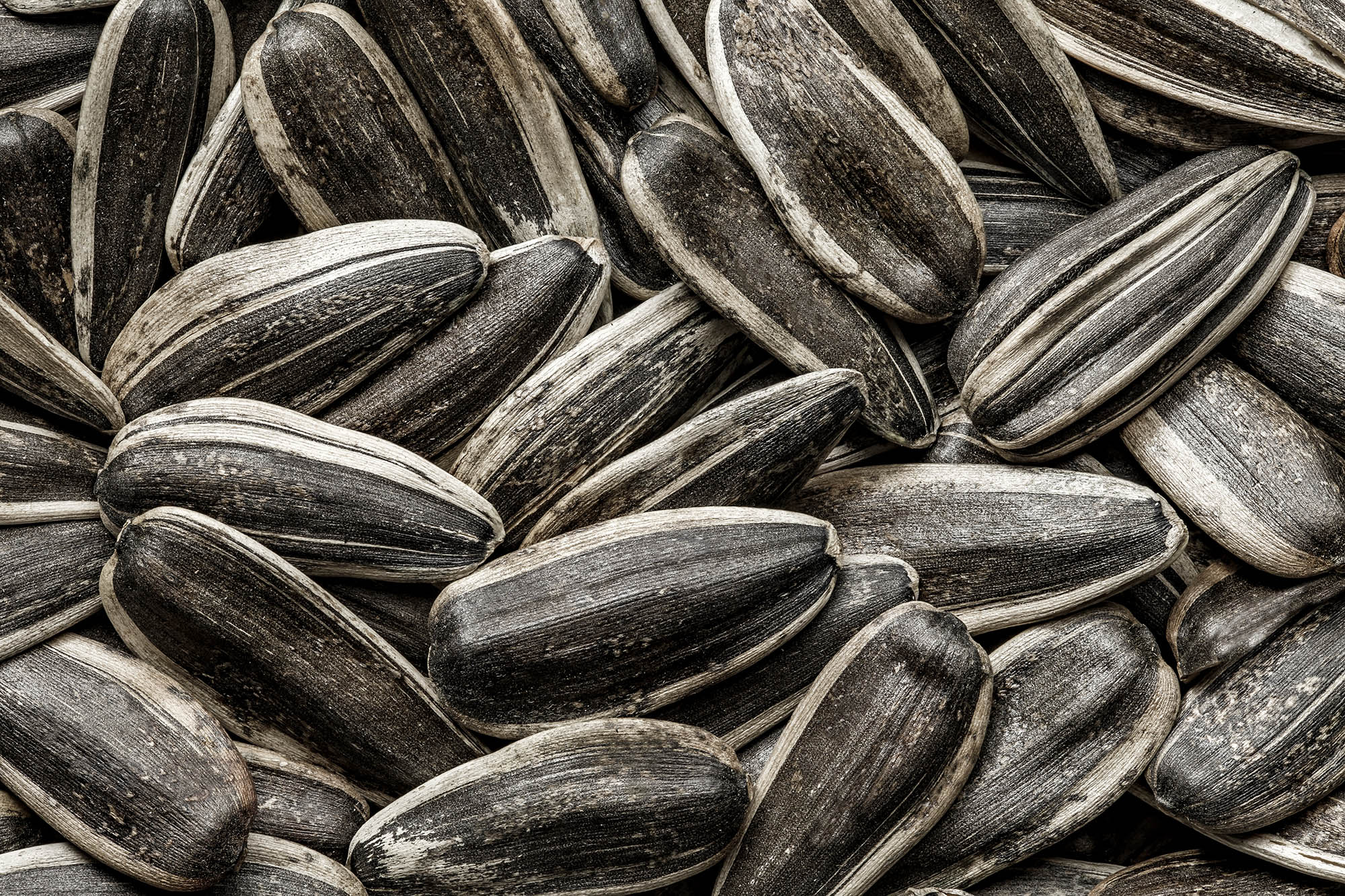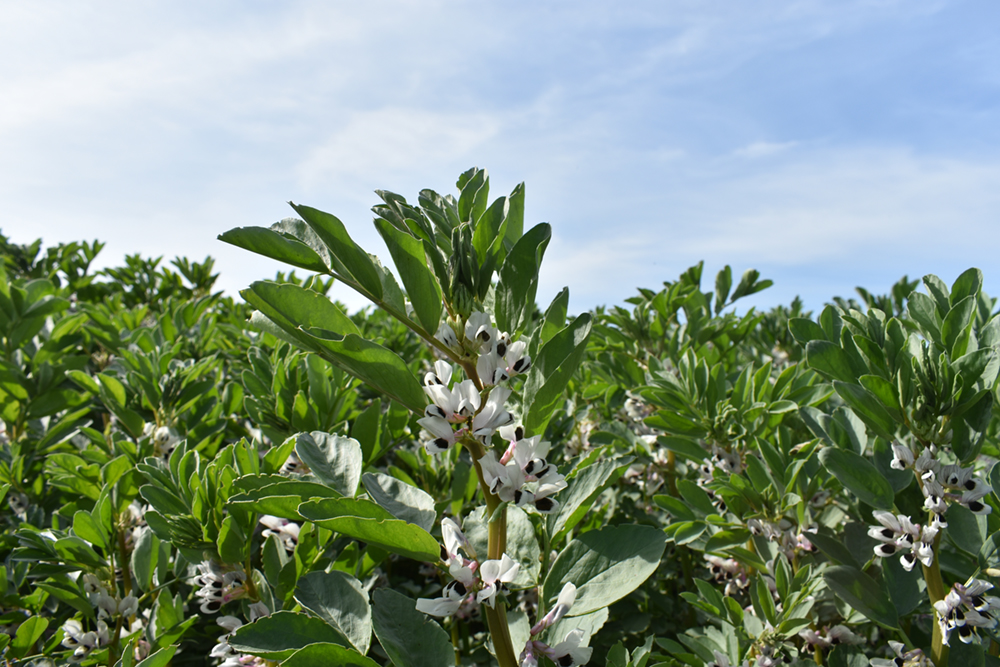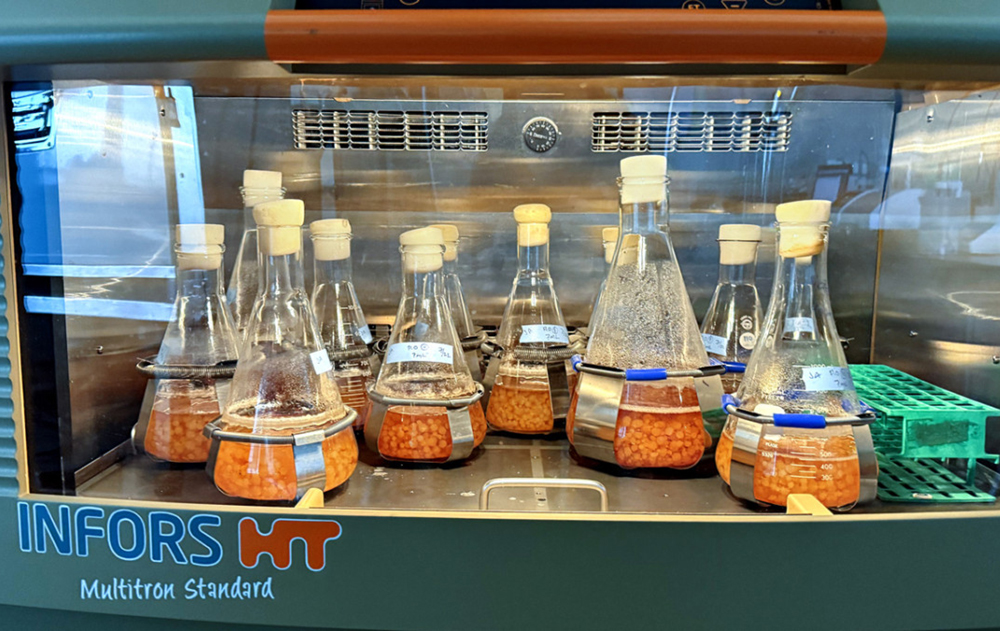

Sunflower flour shows promise as a sustainable, nutrient-rich new protein for plant-based meat
A team of Brazilian and German scientists has created a new sunflower-based meat substitute that combines strong nutritional value with a realistic texture and mild flavor, positioning the humble sunflower as a potential next-generation protein source for the plant-based food industry.
Researchers at Brazil’s Institute of Food Technology (ITAL) and the University of Campinas (UNICAMP), working with the Fraunhofer IVV Institute in Germany, developed the ingredient from refined sunflower flour. The work was supported by the São Paulo Research Foundation (FAPESP) and published in Food Research International.
The process begins by extracting oil from sunflower seeds, leaving behind a nutrient-rich meal. To make it suitable for human consumption, the researchers removed the outer husks and phenolic compounds – elements that can darken the flour and reduce nutrient absorption. The result is a lighter, more digestible flour with a clean taste and aroma.
The team tested two prototypes: one made from roasted sunflower flour and another using textured sunflower protein. Both were combined with tomato powder, spices, and a mix of sunflower, olive, and linseed oils to improve flavor and nutrition, then formed into burger-style patties and baked.
Sensory and chemical analyses showed that the textured sunflower protein version delivered superior results, with improved consistency, higher protein content, and a healthy fat profile rich in monounsaturated fatty acids. It also proved to be a strong source of key minerals – offering 49% of the recommended daily intake of iron, 68% of zinc, 95% of magnesium, and 89% of manganese.
Maria Teresa Bertoldo Pacheco, lead author of the study and a researcher at ITAL’s Center for Food Science and Quality, said removing the husks and phenolic compounds was essential to achieving a neutral taste and color. “After removing these components, the flour has a very neutral taste and aroma, especially compared to the various vegetable proteins on the market,” she said.
Pacheco added that sunflower flour provides a balanced amino acid profile, giving it strong nutritional potential as a base for meat alternatives. She noted that achieving a fibrous, meat-like structure through techniques such as extrusion will be key to the ingredient’s commercial scalability.
Sunflower meal is already a by-product of the sunflower oil industry, which has a growing footprint in both Europe and Brazil. The researchers highlighted that sunflower cultivation requires relatively few resources, making it an attractive raw material for sustainable food production. Unlike soy, sunflower is not genetically modified, an added advantage for consumers seeking clean-label and non-GMO ingredients.
Beyond its sustainability credentials, sunflower flour aligns with shifting consumer preferences toward plant-based proteins that balance health, taste, and environmental responsibility. The researchers believe that with further optimization, sunflower-derived proteins could complement or even replace more established alternatives such as soy and pea protein in various food formulations.
Pacheco said the collaboration between Brazilian and German teams had been vital to advancing the science behind the project. “The partnership allowed for technical exchange, knowledge sharing, and opportunities for students and scientists to work together,” she said. “It also contributes to greater appreciation of the sunflower’s nutritional and functional potential.”
With its appealing flavor, digestibility, and nutrient density, sunflower flour could become a valuable addition to the expanding landscape of plant-based proteins — one that brings sustainability and innovation to the center of the plate.
If you have any questions or would like to get in touch with us, please email info@futureofproteinproduction.com

.png)






